#literary books
Text

-Rumi
GET POETRY BOOK BY THE AWARD WINNING POET PRINCE RABBI NOW !!!!
#love quotes#poetry#poem#dark academia#light academia#quotes#romance#romantic academia#love poem#memes#writers on tumblr#spilled ink#inspiring quotes#life quotes#spilled thoughts#art#ink#thoughts#facts#quoteoftheday#rumi#literature#cottage aesthetic#cottagecore#written#poems and poetry#princerabbi#book quote#english literature#literary quotes
54K notes
·
View notes
Text

- Vladimir Nabokov
#poetry#poets on tumblr#writers and poets#melancholic#soul#literature#classical literature#poems and poetry#writers on tumblr#dark academia#writer and poets#poems on tumblr#poetsandwriters#poems and quotes#poetic#poem#writing#writeblr#literary quotes#book quotes#quotes#vladimir nabokov#dark acamedia#dark acadamia aesthetic#literature academia#literature aesthetics#philosophy#book and libraries#classical books
14K notes
·
View notes
Text

Sylvia Plath
@skyrigel
#sylvia plath#aesthetic#books#literature#litrature#writing#dark academia#book qoute#literary quotes#love quotes#spilled writing#spilled poetry#spilled ink#spilled thoughts#life qoute#romance#romantic academia#love qoute#self care#self love#writeblr#desiblr#desi tumblr#quoteoftheday#heycallmeplease
11K notes
·
View notes
Text
The Influence of Literary Books on Society and Culture

Literature has always played a vital role in society by acting as a mirror reflecting the ideals, ideologies, and social mores of the day. From prehistoric societies to contemporary culture, literary works have been crucial in forming cultural norms and defining individual identities. We will delve into the historical significance and current relevance of literary books as we examine their enormous influence on society and culture in this essay.
Historical Overview of Literary Books
Ancient Civilizations and Their Literary Works
Ancient civilizations left behind a treasure trove of literary books that continue to captivate readers centuries later. From the epic poems of Homer in ancient Greece to the philosophical treatises of Confucius in ancient China, these literary works offer invaluable insights into the beliefs, values, and societal norms of their respective cultures.
The writings of ancient civilizations serve as a window into the past, providing a glimpse of the human experience across time and space. By studying these literary books, we gain a deeper understanding of our shared history and the evolution of human thought and expression.
Medieval Literature and Its Impact
The influence of medieval writing is particularly strong in the field of historical literature. The foundation of medieval literature is its window into the past, which helps us understand society and culture now. These literary books enthrall readers with their fascinating storytelling and everlasting themes; they range from epic poetry to allegorical tales.
By examining literary works from the Middle Ages, we can gain an understanding of the conflicts, values, and worldviews of earlier times and develop a more profound understanding of the human condition throughout history. We discover gems that inspire and have an impact on modern storytelling as we explore the rich fabric of medieval literature...Continue reading
#book#book writing#book publication#book publishing#book publishing companies#book authors#book writer#self publishing#self publication platforms#literary books
0 notes
Text
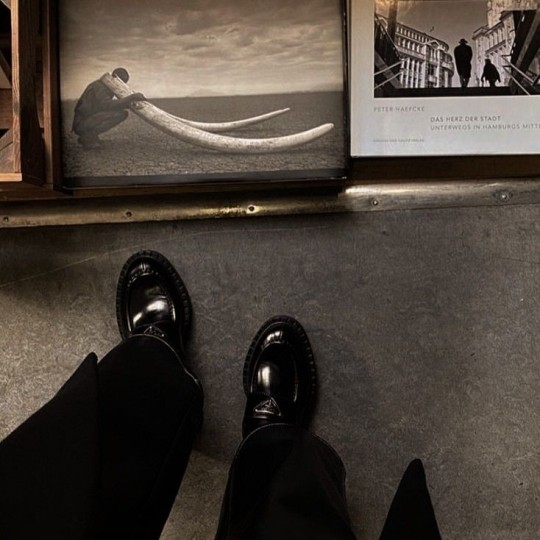

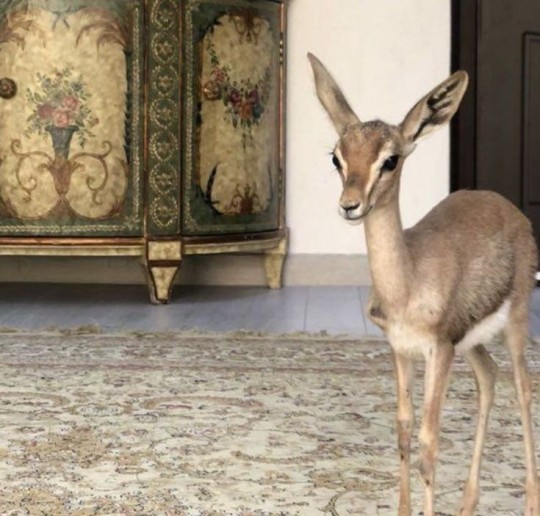


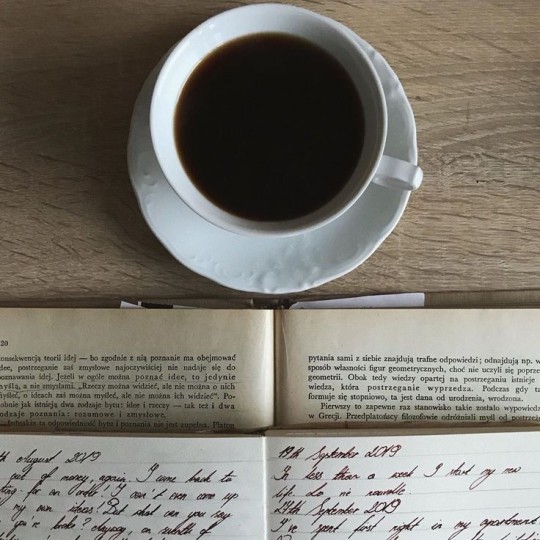
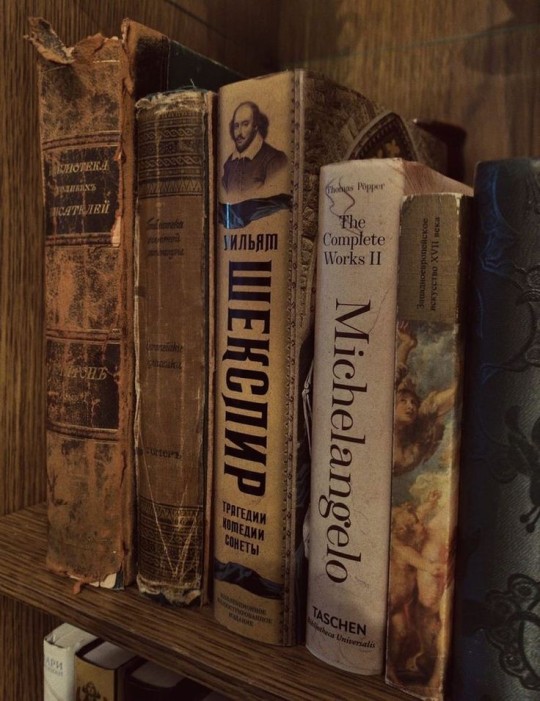
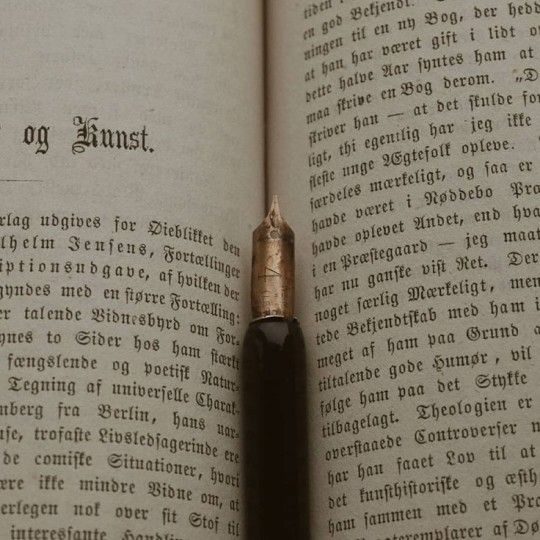
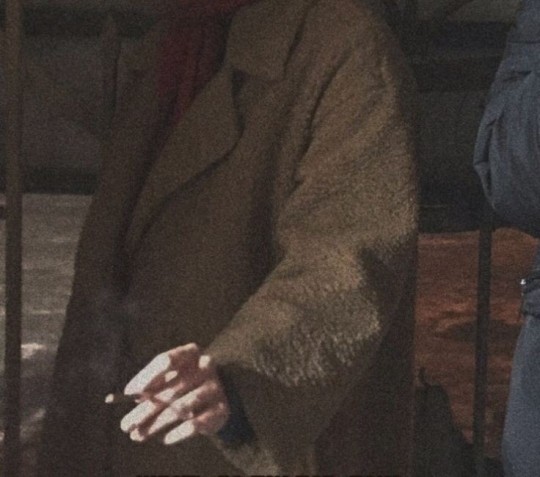

ℳ𝓮𝓶𝓸𝓻𝓲𝓮𝓼 𝓯𝓵𝓸𝓸𝓭 𝓶𝔂 𝓮𝔂𝓮𝓼 𝓪𝓷𝓭 𝓵𝓮𝓯𝓽 𝓪𝓼 𝓽𝓮𝓪𝓻𝓼
#chaotic academia#dark academia#dark acadamia aesthetic#romantic academia#dark aesthetic#art#darkness#book quotes#dark academic aesthetic#white academia#poems and poetry#light academia#aesethetic#books & libraries#literary quotes#literature
8K notes
·
View notes
Text
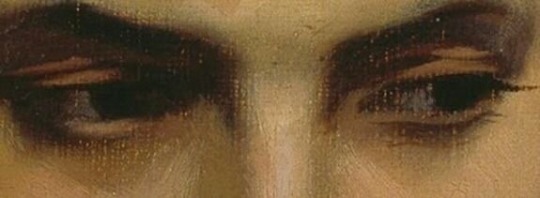
“I was looked at, but I wasn’t seen.”
-Albert Camus, “The Misunderstanding.”
#Camus#albert camus quotes#camus quotes#albert camus#Camus aesthetic#the stranger camus#french literature#French#quote#love quotes#sad love quote#literary quotes#book quotes#life quotes#love quote#book quote#quotes#quoteoftheday#life quote#beautiful quote#deep thoughts#academia#classic academia#aesthetic#chaotic academia#dark academia#literature#english literature#college#uni
8K notes
·
View notes
Text
How To Make Your Writing Less Stiff 5
Movement
Dredging this back up from way back.
Make sure your characters move, but not too much during heavy dialogue scenes. E.g. two characters sitting and talking—do humans just stare at each other with their arms lifeless and bodies utterly motionless during conversation? No? Then neither should your characters. Make them…
Gesture
Wave
Frown
Laugh
Cross their legs/their arms
Shift around to get comfortable
Pound the table
Roll their eyes
Point
Shrug
Touch their face/their hair
Wring their hands
Pick at their nails
Yawn
Stretch
Sniff/sniffle
Tap their fingers/drum
Bounce their feet
Doodle
Fiddle with buttons or jewelry
Scratch an itch
Touch their weapons/gadgets/phones
Check the time
Get up and sit back down
Move from chair to tabletop
The list goes on.
Bonus points if these are tics that serve to develop your character, like a nervous fiddler, or if one moves a lot and the other doesn’t—what does that say about the both of them? This is where “show don’t tell” really comes into play.
As in, you could say “he’s nervous” or you could show, “He fidgets, constantly glancing at the clock as sweat beads at his temples.”
This site is full of discourse on telling vs showing so I’ll leave it at that.
Epithets
In the Sci-fi WIP that shall never see the light of day, I had a flashback arc for one male character and his relationship with another male character. On top of that, the flashback character was a nameless narrator for Reasons.
Enter the problem: How would you keep track of two male characters, one who you can't name, and the other who does have a name, but you can’t oversaturate the narrative with it? I did a few things.
Nameless Narrator (written in 3rd person limited POV) was the only narrator for the flashback arc. I never switched to the boyfriend’s POV.
Boyfriend had only a couple epithets that could only apply to him, and halfway through their relationship, NN went from describing him as “the other prisoner” to “his cellmate” to “his partner” (which was also a double entendre). NN also switched from using BF’s full name to a nickname both in narration and dialogue.
BF had a title for NN that he used exclusively in dialogue, since BF couldn’t use his given name and NN hadn’t picked a new one for himself.
Every time the subject of the narrative switched, I started a new paragraph so “he” never described either character ambiguously mid-paragraph.
Is this an extreme example? Absolutely, but I pulled it off according to my betas.
The point of all this is this: Epithets shouldn’t just exist to substitute an overused name. Epithets de-personalize the subject if you use them incorrectly. If your narrator is thinking of their lover and describing that person without their name, then the trait they pick to focus on should be something equally important to them. In contrast, if you want to drive home how little a narrator thinks of somebody, using depersonalizing epithets helps sell that disrespect.
Fanfic tends to be the most egregious with soulless epithets like "the black-haired boy" that tell the reader absolutely nothing about how the narrator feels about that black-haired boy, espeically if they're doing so during a highly-emotional moment.
As in, NN and BF had one implied sex scene. Had I said “the other prisoner” that would have completely ruined the mood. He’s so much more than “the other prisoner” at that point in the story. “His partner,” since they were both a combat team and romantically involved, encompassed their entire relationship.
The epithet also changed depending on what mood or how hopeless NN saw their situation. He’d wax and wane over how close he believed them to be for Reasons. NN was a very reserved character who kept BF at a distance, afraid to go “all in” because he knew there was a high chance of BF not surviving this campaign. So NN never used “his lover”.
All to say, epithets carried the subtext of that flashback arc, when I had a character who would not talk about his feelings. I could show you the progression of their relationship through how the epithets changed.
I could show you whenever NN was being a big fat liar about his feelings when he said he's not in love, but his narration gave him away. I could show you the exact moment their relationship shifted from comrades to something more when NN switched mid-paragraph from "his cellmate" to "his partner" and when he took up BF's nickame exclusively in the same scene.
I do the same thing in Eternal Night when Elias, my protagonist, stops referring to Dorian as "it" and "the vampire" instead of his name the moment they collide with a much more dangerous vampire, so jarringly that Elias notices in his own narration—the point of it being so explicit is that this degredation isn't automatic, it's something he has to conciously do, when everyone else in his clan wouldn't think twice about dehumanizing them.
—
Any literary device should be used with intent if you want those layers in your work. The curtains are rarely just blue. Whether it’s a simile with a deliberate comparison or an epithet with deliberate connotations, your readers will pick up on the subtext, I promise.
#writing#writing advice#writing a book#writing resources#writeblr#writing tips#writing tools#literary devices#character description#character development
3K notes
·
View notes
Text
If you see beauty in something, don't wait for others to agree.
Sherihan Gamal
#aesthetic#dark academia#coffee#books#academia#college#art#light academia#literature#studyblr#Quotes#literary quotes#inspirational quotes#beauty#sherihan gamal
6K notes
·
View notes
Text
"I was looked at,
but I wasn't seen."
Albert Camus, The misunderstanding.
#quotes#life quotes#literature#quoteoftheday#life#booklr#relatable quotes#book quotes#bookworm#thoughts#spilled thoughts#albert camus#camus#literary quotes#writeblr#writing#words#thinking#french literature#philosophy#bookblr#bookish#misunderstandings#poetic#poetry#qotd#spilled ink#spilled words#spilled writing#words words words
3K notes
·
View notes
Text
Grief is the only proof that I love and I love well. Love and grief are actually intertwined with each other and as "Akif Kichloo" once wrote, "the opposite of grief is not laughter or happiness or joy. It is love. It is love. It is love."
#grief is the only proof that i love#and i love well#sobbing in the corner of my room#dark academia quotes#dark academia#light academia#excerpts#fragments#poetry#romanticism#words#spilled thoughts#literary quotes#books and literature#classic literature#grief#on grief#grief poem#on love
12K notes
·
View notes
Text




#poetry#poets on tumblr#writers and poets#melancholic#soul#literature#classical literature#poems and poetry#writers on tumblr#dark academia#writer and poets#poems on tumblr#poetsandwriters#poems and quotes#poetic#poem#book and libraries#book quotes#books and reading#dark acamedia#dark acadamia aesthetic#literature academia#literary quotes#chaotic academia#light academia#book aesthetic#philosophy#writeblr#writing
2K notes
·
View notes
Text

- Sylvia Plath
#poetry#poets on tumblr#writers and poets#melancholic#soul#literature#classical literature#poems and poetry#writers on tumblr#dark academia#writer and poets#poems on tumblr#poetsandwriters#poems and quotes#poetic#poem#sylvia plath#book and libraries#book quotes#books and reading#dark acamedia#dark acadamia aesthetic#literature academia#literary quotes#chaotic academia#light academia#book aesthetic#philosophy#writeblr#writing
8K notes
·
View notes
Text
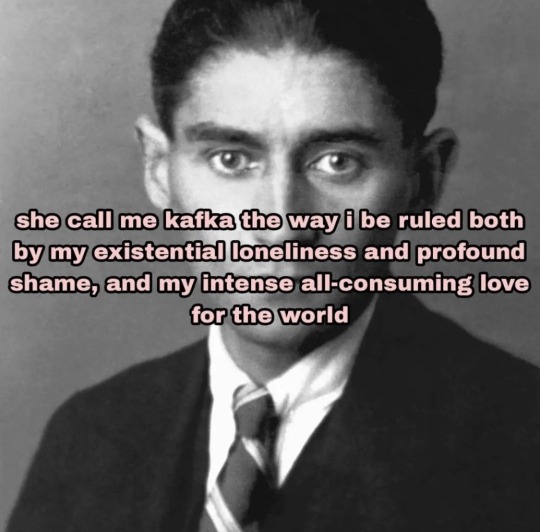
#franz kafka quotes#franz kafka#franz kafka diaries#letters to milena#the metamorphosis#metamorphosis#books and reading#books#bookblr#bookworm#literature#literary quotes#gregor samsa#the castle#amerika#consuming#profound#literature club#book quotes#daily kafka#kafka#kafka quotes#books & libraries#old literature#old books#feminine hysteria#girly memes#just girly thoughts#girl blogger#girly blog
6K notes
·
View notes
Text
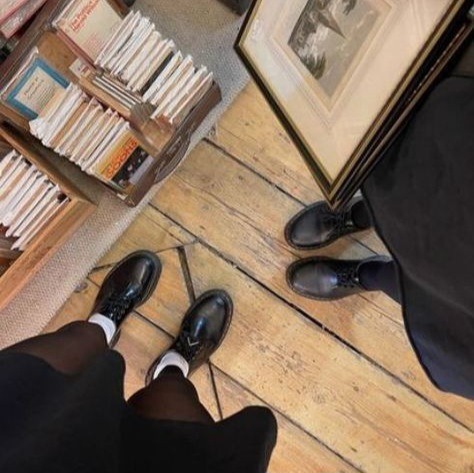
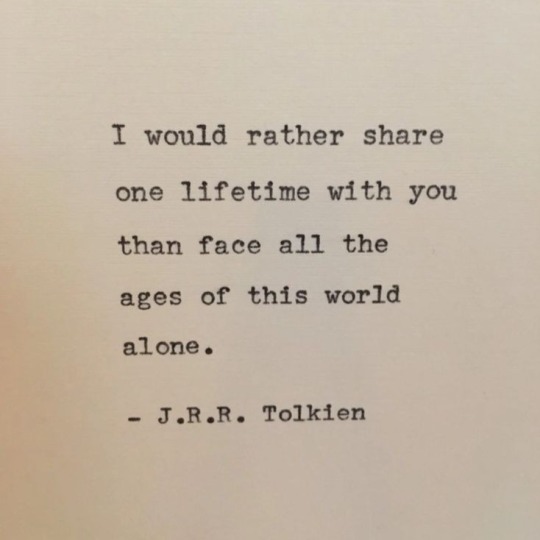


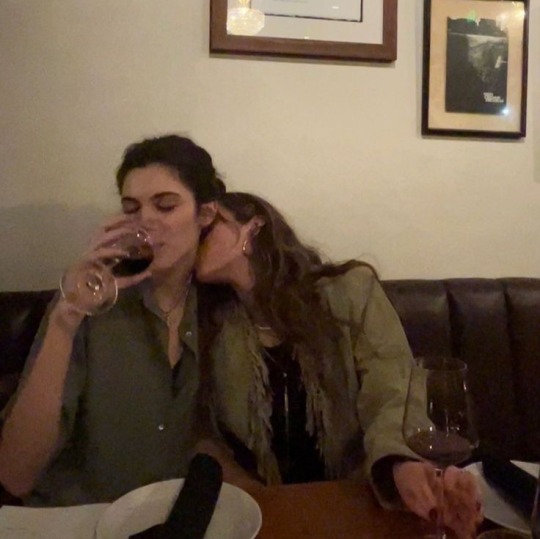
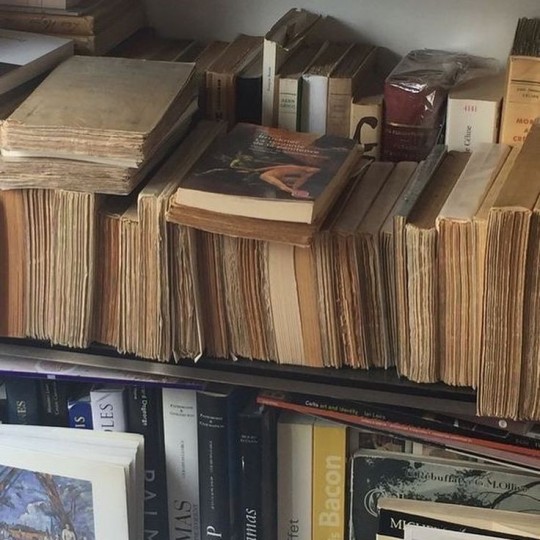

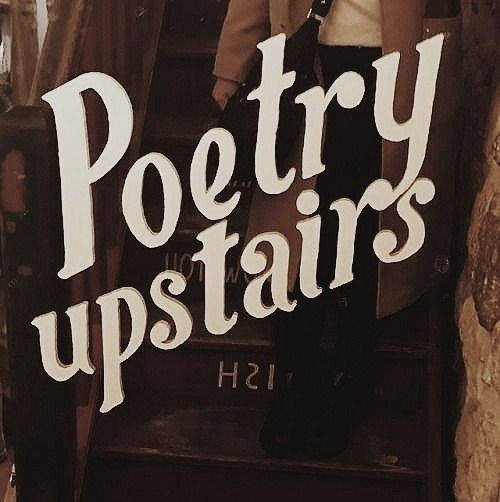

#dark academia#chaotic academia#books#light academia#romantic academia#romance#classic academia#parisian#aesthetic#poetry#quotes#literary quotes#literature academia#light academia aesthetic#dark academia aesthetic#coffee#classic#academia#source: pinterest#pinterest#moodboard#current mood#sapphic#sappho
3K notes
·
View notes
Text
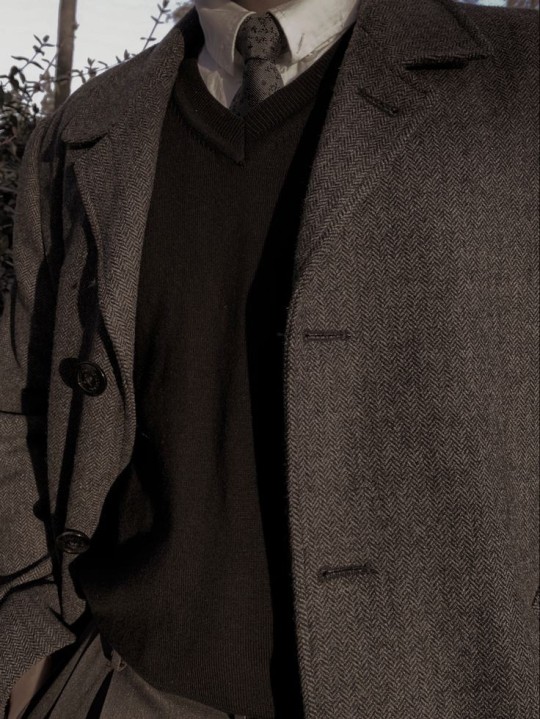
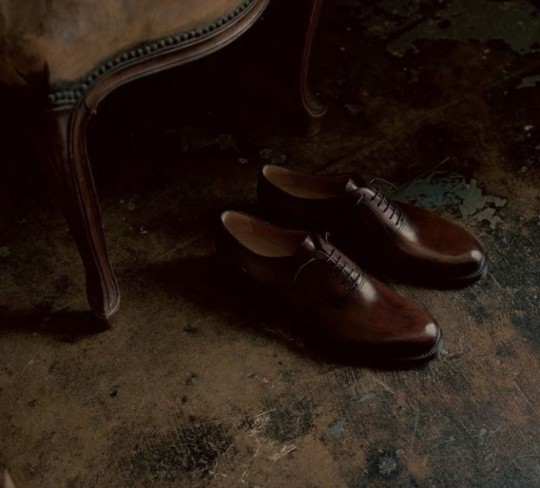




#chaotic academia#dark academia#dark acadamia aesthetic#romantic academia#dark aesthetic#art#books#bookshelf#literary quotes#literature#book quotes#poems and poetry
5K notes
·
View notes
Text


“September came in with golden days and silver nights,”
- J.R.R. Tolkien, The Return of the King
#tolkien#tolkien quotes#j r r tolkien#the return of the king#the fellowship of the ring#the two towers#middle earth#the hobbit#hobbit#sillmarillion#bilbo baggins#frodo baggins#sam gamgee#gandalf#thorin oakenshield#writer#writers on tumblr#writerscommunity#literary quotes#book quotes#quote#book quote#quotes#beautiful quote#September#September aesthetic#October#November#academia#lotr
3K notes
·
View notes